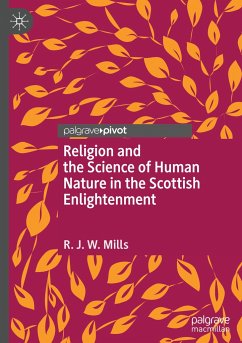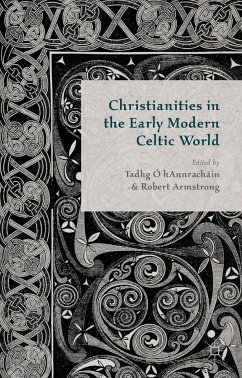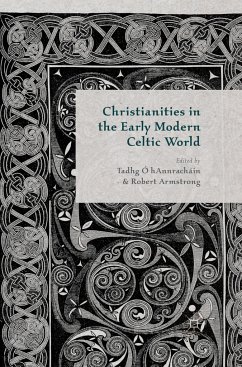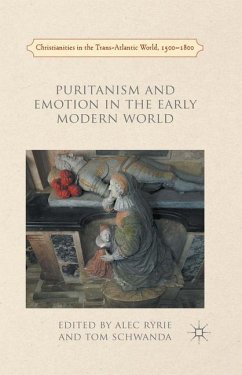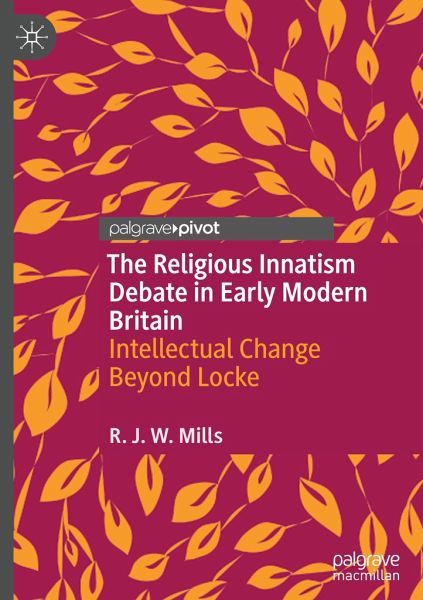
The Religious Innatism Debate in Early Modern Britain
Intellectual Change Beyond Locke

PAYBACK Punkte
25 °P sammeln!
This book demonstrates that the common belief that humanity is naturally disposed to religion did not disappear with the emergence of the Enlightenment. Going beyond a narrow focus on John Locke's empiricism, this vivid analysis reconstructs the vociferous, multivocal debate over the natural origins of religious belief in England and Scotland between c. 1650 and c. 1750. It enriches our understanding through examining hundreds of discussions of the relationship between human nature and religion, from a variety of genres and contexts. It shows that belief in religious innatism was a ubiquitous ...
This book demonstrates that the common belief that humanity is naturally disposed to religion did not disappear with the emergence of the Enlightenment. Going beyond a narrow focus on John Locke's empiricism, this vivid analysis reconstructs the vociferous, multivocal debate over the natural origins of religious belief in England and Scotland between c. 1650 and c. 1750. It enriches our understanding through examining hundreds of discussions of the relationship between human nature and religion, from a variety of genres and contexts. It shows that belief in religious innatism was a ubiquitous and enduring claim about human nature across the continuum of Christian thought in early modern Britain, and one deployed for a variety of reasons. While the doctrine of innate religious ideas did fall out of use, the belief that human nature was framed for religion continued in new forms into the eighteenth century.



